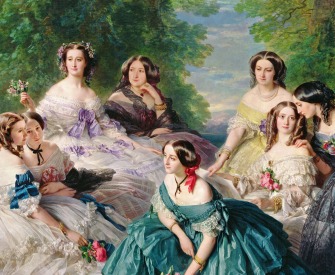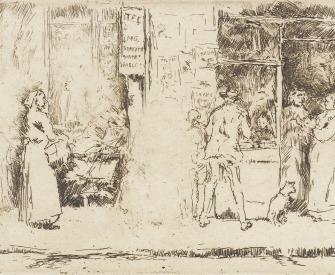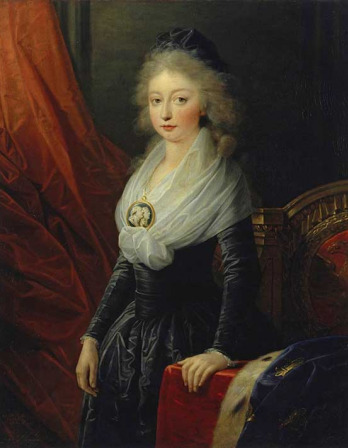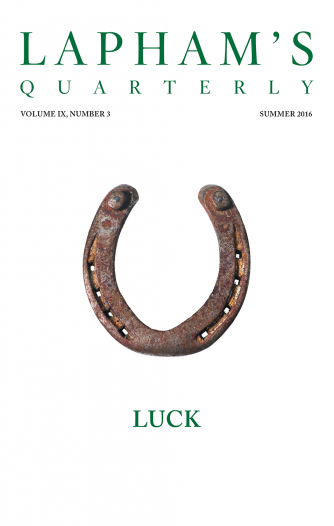Wednesday, December 14
Zola came to see me today. He came in with that gloomy, haggard air which is characteristic of his way of entering a room. That man of forty really is a pitiful sight; he looks older than I do.
He slumped into an armchair, complaining peevishly, rather like a child, of kidney trouble, of gravel, of palpitations. Then he talked of the death of his mother and the gap it had made in their home life, speaking with intense pathos and at the same time a touch of fear for himself. And when he started talking literature and outlining his plans, he revealed a dread of not having the time to do it all.
Life really is cleverly arranged so that nobody is happy. Here is a man whose name echoes round the world, who sells a hundred thousand copies of every book he writes, who has perhaps caused a greater stir in his lifetime than any other author, and yet, with his sickly constitution and his melancholy state of mind, he is unhappier than the most abject of failures.
© 1962 by the Estate of Robert Baldick. Used with permission of Harold Ober Associates
From his Journal. Edmond and his brother Jules collaborated on plays, naturalist novels, among them Germinie Lacerteux and Manette Salomon, and their prolific Journal, a record of both the brothers’ lives and a sweeping forty-year portrait of Parisian society. Having all failed as playwrights, Edmond, Gustave Flaubert, Alphonse Daudet, Ivan Turgenev, and Zola, referred to themselves as the “hissed authors.”
Back to Issue





